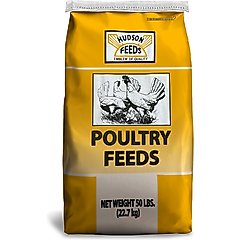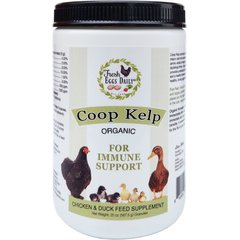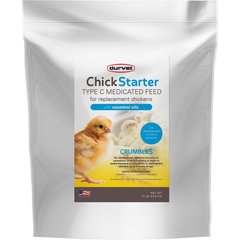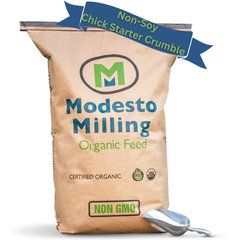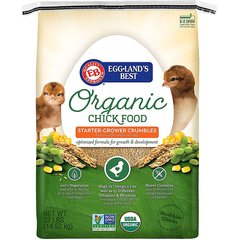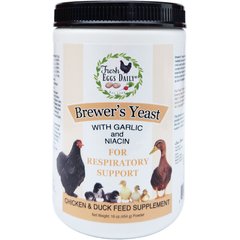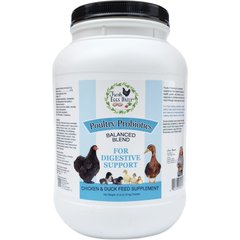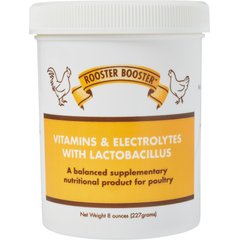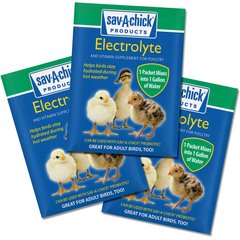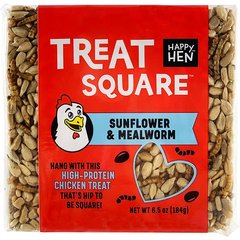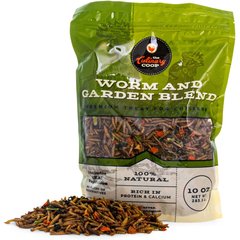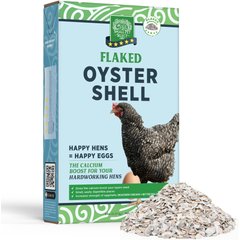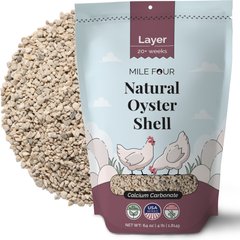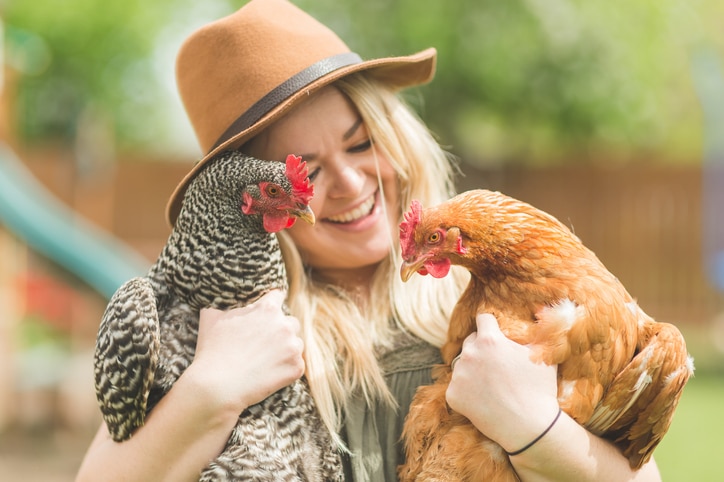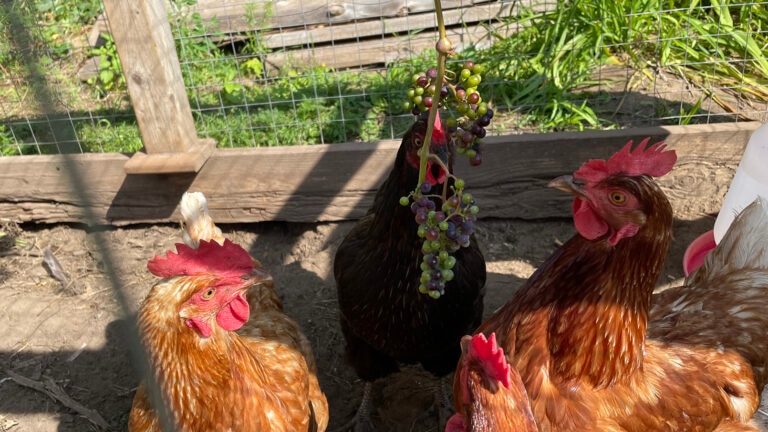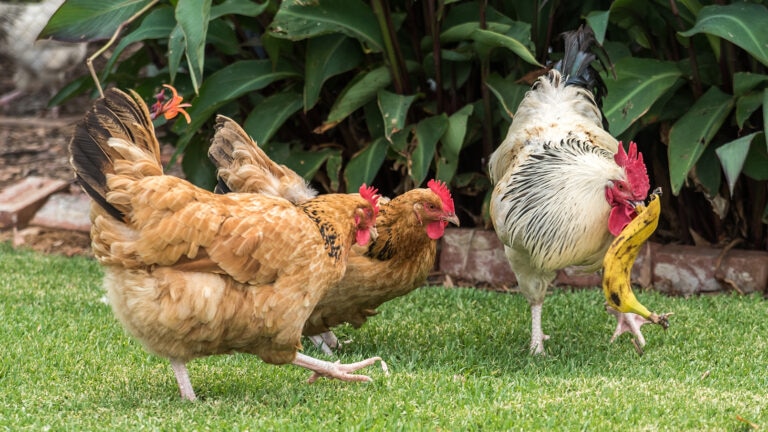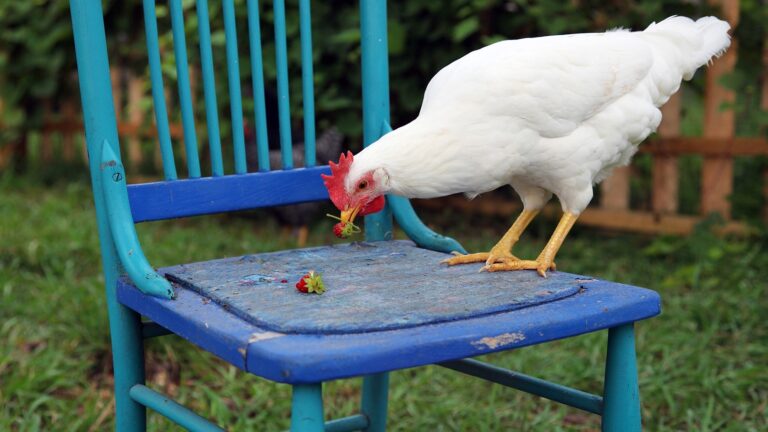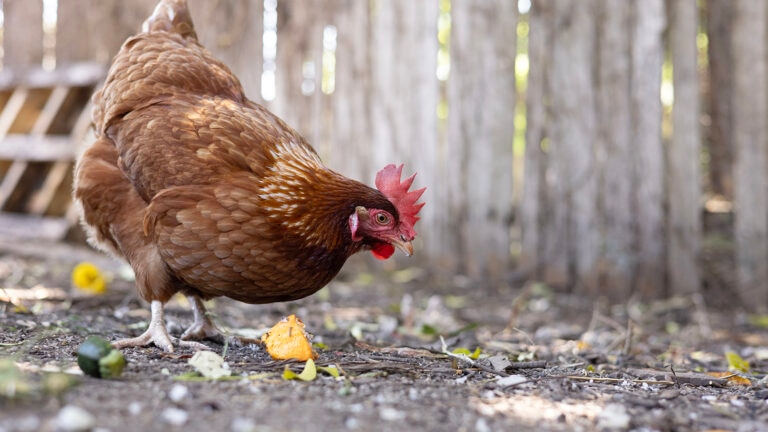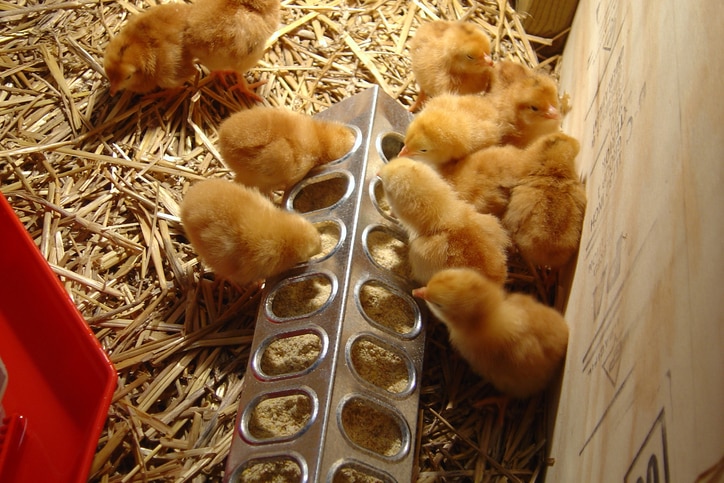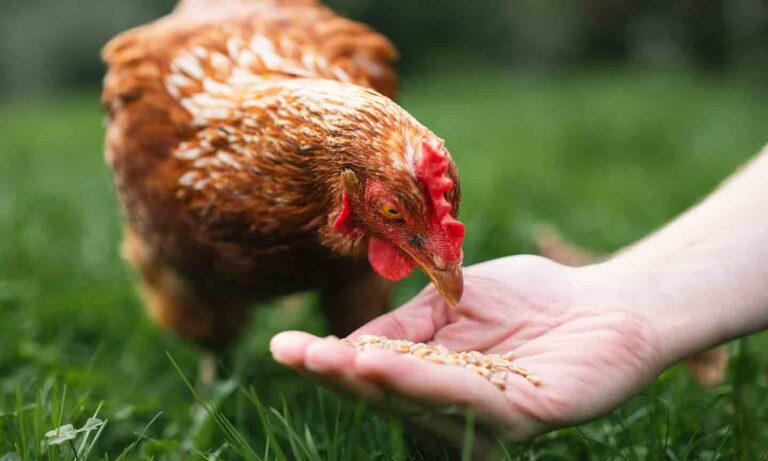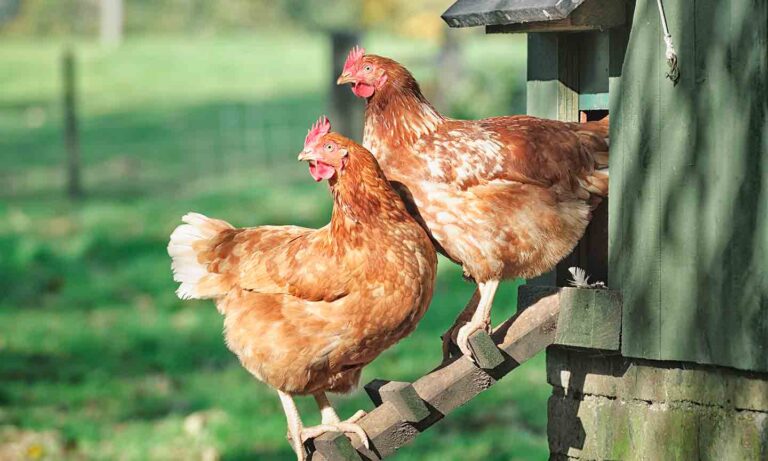What Do Baby Chicks Eat? All About Feeds for Chicks

Photo by Nataliia_Melnychuk/Getty
Baby chicks are irresistibly adorable with their soft-to-the-touch yellow fur, tiny beaks and sweet chirping noises. During this tender age, it’s important to make sure they’re meeting their nutritional needs so they can grow healthy and strong. Baby chicks eat differently compared to old chicks (pullets) and adult chickens, and will transition to an adult diet (and move into the coop!) once they’re old enough.
Ahead, we’re covering what to feed baby chicks, what to look for when shopping for chick starter, which vitamins and supplements to consider, and when to start feeding your backyard flock an adult chicken diet.
What To Feed Baby Chicks
Baby chicks start with a diet of chick starter from the time they hatch until they turn about 8 weeks of age. You can also incorporate vitamins and supplements into their diet, such as probiotics, brewers yeast and sea kelp, to further develop their digestive system, bones and respiratory health. If their starter feed is not formulated with grit (small, insoluble particles, such as fine gravel or sand, that aid in digestion by breaking down tougher materials) and they don’t have access to dirt, then this is something else to incorporate into their diet.
If your flock is mixed with other species such as ducks, geese, turkeys or peafowl, ensure each chick type is fed species-specific foods. Their needs are quite different.
Recommended Products
What Is Chick Starter?
When you begin your research into what to feed baby chicks, the first thing you’ll undoubtedly come across is chick starter. This is essentially like baby food for chickens. Similar to human babies, who can only eat certain foods, little chick bodies aren’t the same as adult chicken bodies and they therefore require a special diet.
“Chick starter contains lower levels of calcium than adult chicken feed, since the baby chicks don’t need that extra calcium. This is because they won’t be laying eggs for about five months,” explains Lisa Steele, a fifth-generation chicken keeper in Maine and founder of Fresh Eggs Daily. “It also contains slightly higher protein levels for the fast-growing chicks.”
Another thing that makes chick starter feed different is that it’s cut into smaller pieces (crumble) compared to adult chicken feed (pellets). This helps accommodate those teeny (and oh so cute) chick mouths, as well as ease of digestion.
How long should chicks eat starter feed? The answer varies depending on your breed. Some breeds will need to transition to adult feed earlier than others, due to their onset of lay age (when we see the first egg). Your hatchery can recommend specific breed needs, such as when to switch to adult chicken food.
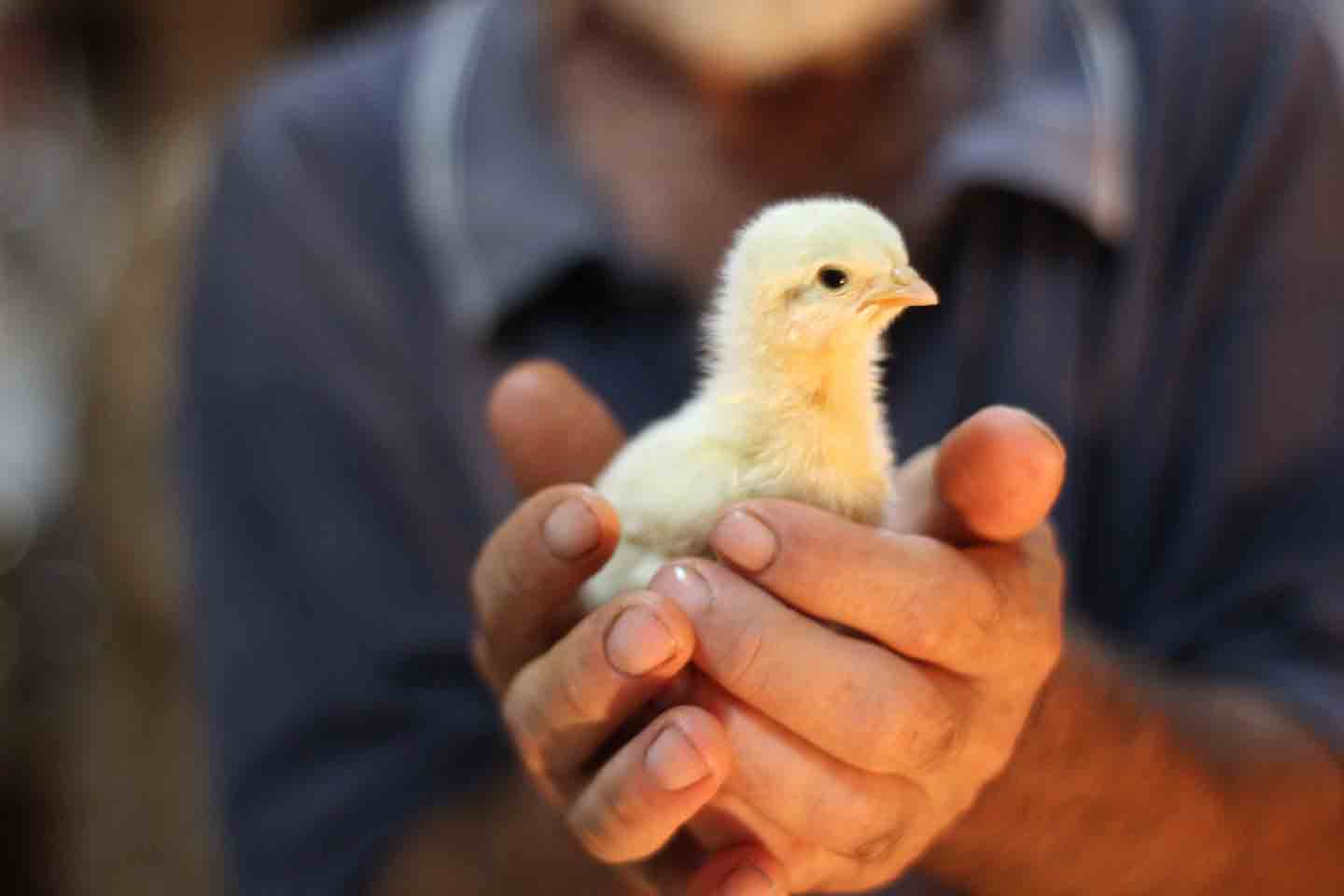
Goran Babic/Getty
How To Choose a Chick Starter
There are many different types of chick starter feed to choose from, so how do you pick the best one for your fluffy crew? First things first: If you are intending to use your birds for eggs, make sure to look for a “layer” feed. This is food designed to support egg laying, as opposed to feed for chickens to be used for meat, which should be avoided for longer-lived birds.
Next, you’ll want to decide between unmedicated and medicated feed.
Medicated vs. Unmedicated
Medicated feed contains amprolium, which is designed to help protect chicks from developing coccidiosis (coccidia), a parasitic disease that can kill them.
“Until the chicks develop their immune systems, they can be more susceptible to coccidiosis,” explains Steele.
Medicated feeds should only be used up until 6 weeks of age, so the chicks can also build up their immunity to coccidia as they grow. Avoid supplementing your chicks’ diet with Vitamin B during this time.
To transition away from medicated feed, gradually move over to non-medicated starter over a 10-day period.
Recommended Product
“Personally, I don’t give my chicks the medicated feed. Instead, I add a few supplements to their diet to help them build their immune systems naturally,” Steele says. “I also put clumps of grass or dirt in their brooder (chick rearing area), which helps to jumpstart their immune system a bit, exposing them to the outside environment in small doses.”
Organic vs. Regular
Once you’ve decided between medicated and unmedicated, you can pick out your preferred chick starter. Steele says that a high-quality organic chick starter feed may be something you want to choose if raising chickens that lay organic eggs is important to you. “Organic feed can be pricey, but since chicks eat so little, I think it’s a good investment, if you can swing it, to give them the best start in life,” Steele says.
Recommended Products
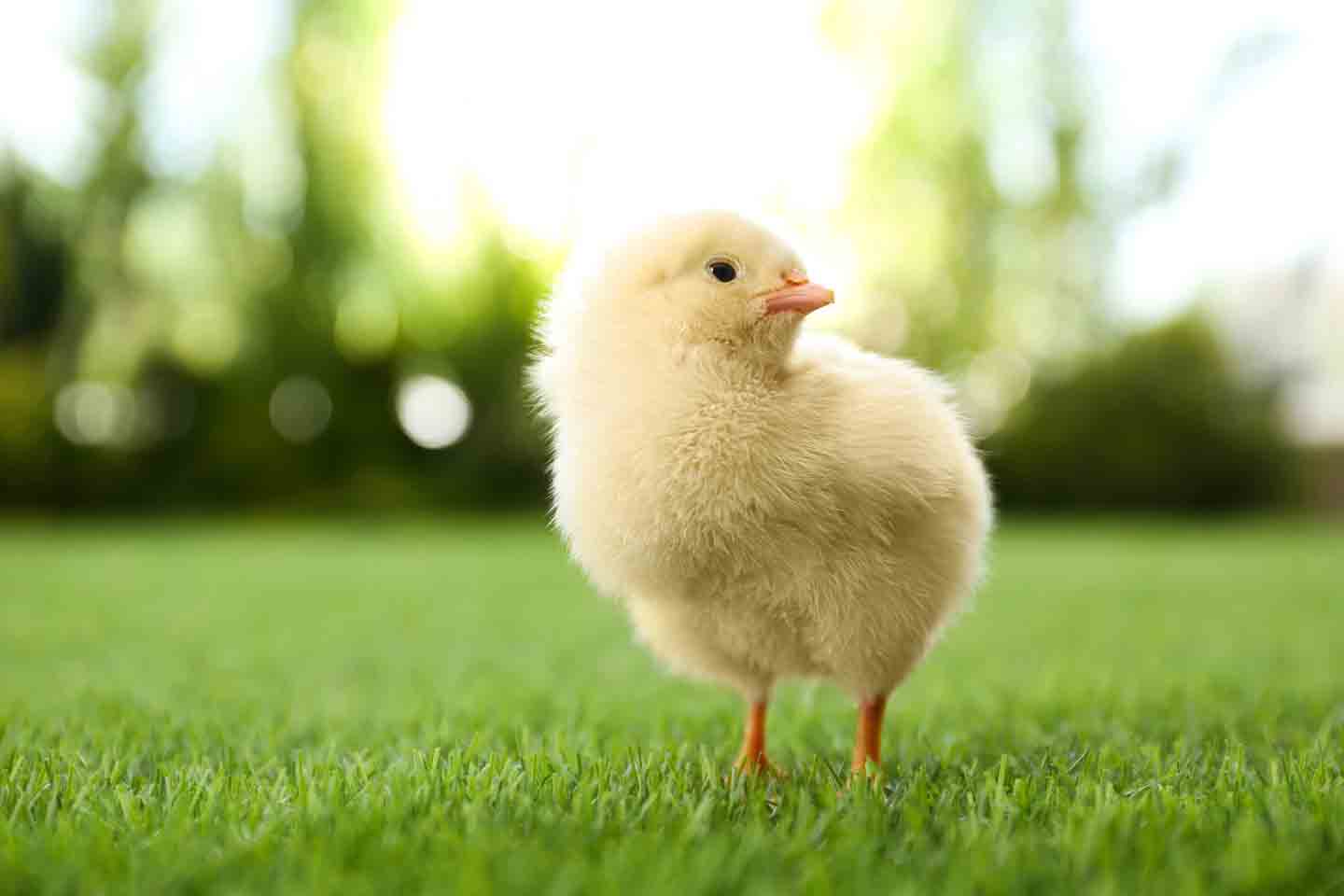
Liudmila Chernetska/Getty
Vitamins and Supplements for Chicks
Some experts recommend supplementing your chicken feed starter with vitamins or supplements. Here are some of the most common options.
- Brewers yeast with garlic: This supports good bone and respiratory health.
Recommended Products
- Prebiotics and probiotics: To foster a good digestive system in your baby chicks, sprinkle some prebiotics and probiotics into their feeders. Try Grubbly Farms Prebiotics + Probiotics Poultry Powder Supplement.
- Sea kelp: This supports immune system health in new chicks.
- Electrolytes: Having vitamins and electrolytes on hand is a good idea, as well. Steele says, “Adult hens can suffer heatstroke in warm weather, and chicks benefit also, especially if you are getting your chicks shipped, because travel can be hard on them and the electrolytes give them an energy boost after the long trip.”
Recommended Products
Treats for Chicks
Just like humans enjoy their lip-smacking treats, baby chicks enjoy a little extra yum every now and again. Just note that treats should be limited to about 10% of their diet.
- Mealworms/insects: “Dried grubs or mealworms are great treats to help baby chicks grow in new feathers,” Steele says.
Recommended Products
-
Fruits and veggies: You can offer treats with high water content, such as cucumbers, berries and watermelon. This is especially great in the hot months. Mash them first.
-
Cooked eggs: Chicks can also enjoy scrambled or mashed hard-boiled eggs for extra protein.
Dangerous Foods for Chicks
Chickens are known for their ability to scarf down just about anything, but there are some no-no’s you should avoid. Steele recommends avoiding the following items:
- Onions
- Avocado
- White potatoes
- Unripe tomatoes
- Eggplant
- Salty, sweet, or fried foods
- Caffeine
- Alcohol
“Also avoid anything that’s moldy, although stale, wilted and overripe are all fine,” Steele says. “Dairy and citrus should be fed in moderation. Chickens can’t digest milk sugars, so too much dairy can give them diarrhea, and too much citrus can leach calcium from their bones and lead to soft-shelled eggs.” (This is more of a problem when they’re grown and egg production is top of mind.)
Baby chicks should also stick to starter feed versus laying feed, which is formulated to support the needs of adult, egg-laying chickens.
How Much Should You Feed Baby Chicks?
Baby chicks eat one to two ounces of feed a day of a high-quality starter feed, while adult chickens eat about a half cup of feed per day.
“I like to leave my chicks their feed and water 24/7 so they can eat whenever they’re not sleeping,” Steele says. “Older birds get fed during the day. I try and measure out what I think they’ll eat for the day, then top it off in the afternoon if they have eaten what I gave them in the morning.”
The good news is that chickens won’t overeat their feed, so you can leave the feed out all the time and they’ll eat only as much as they need to get the energy and nutrients they need for the day.
“Note that if your chickens are allowed to free range, they will eat less feed, since they are filling up on grass, weeds, insects, worms,” says Steele. “They’ll eat more in the winter and less in the warm months.”
When Should I Transition My Chicks to Adult Feed?
There are three stages of feed for chickens. The first is starter feed, the second is grower feed, and then they can transition fully to adult layer feed. If chicks are fed layer feed too early, they can develop kidney stones later in life from the excess calcium, so it’s very important to adhere to the recommended food according to their life stage.
“Chicks should be fed a diet of chick starter for the first 8 weeks of life, then transition to a grower feed that has slightly lower protein levels until they’re about 18 weeks old,” Steele says. “At that point, they should start laying eggs soon, so moving them to the adult layer feed is appropriate.”
- Chick starter: Hatch to 8 weeks of age
- Grower feed: 8-18 weeks of age
- Adult layer feed: 18 weeks and older, when the first egg arrives (breed and season dependent)
Along with feeding your grown chicken adult layer feed, it’s helpful to give them a calcium supplement to further support egg production. Steele says she crushes and dries eggshells to feed back to her flock. You can also purchase oystershell, which is crushed or ground oyster shells.
“That should be offered 24/7 in a dedicated container—not mixed into the feed—so each hen can eat as much or as little as she needs,” Steele says. “Younger chickens that aren’t laying yet, older hens who have stopped laying, and roosters won’t touch the calcium supplement.”
Recommended Products
Some additional items you can feed adult chickens for treats include:
- Food waste: “Since chickens are omnivores—meaning they can and will eat almost anything—one of the main benefits of raising chickens besides the fresh eggs is reducing food waste,” Steele says. This includes veggies, fruits and fish scraps.
- Cracked corn: Cracked corn or scratch grains are a great high-energy treat that can help your flock stay warm overnight. Try Wagner’s Cracked Corn Premium Wildlife & Wild Bird Food.
- Small nuts: Nuts and seeds are a high-protein treat that is great for both baby and adult chickens. It can also help them during the fall molting season. Steele recommends unsalted sunflower seeds and peanuts.
- Grit: Grit isn’t a vitamin or mineral, but is rather coarse dirt/small stones that helps chickens digest their food. If you can free-range your flock, they’ll pick up the grit they need naturally; otherwise, it’ll need to be supplemented. Try Scratch and Peck Feeds Grit Chicken Supplement.
As you can see, there’s a bit of nuance when figuring out what to feed baby chicks versus adult laying hens. Making sure your backyard chickens are getting the right food for their life stage from day one can ensure their little bodies get adequate nutrients according to their specific needs. If this is your first time raising chickens, make sure you’re up to speed on what size of chicken coop and run they’ll need.
The following experts contributed to this report: Lisa Steele, a fifth-generation chicken keeper in Maine and founder of Fresh Eggs Daily. This content was medically reviewed by Chewy vets.
